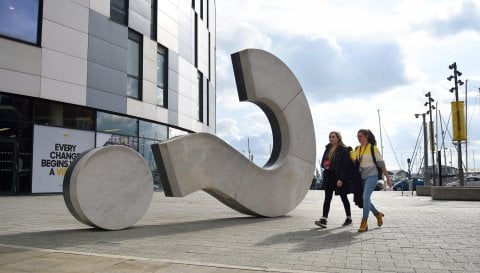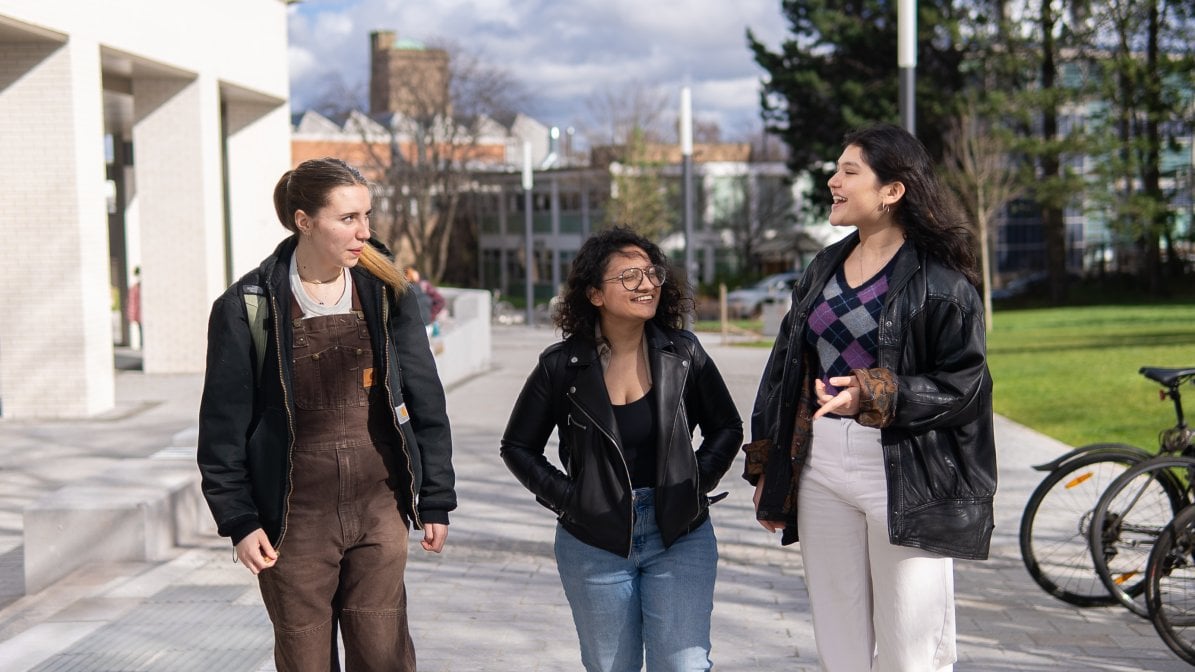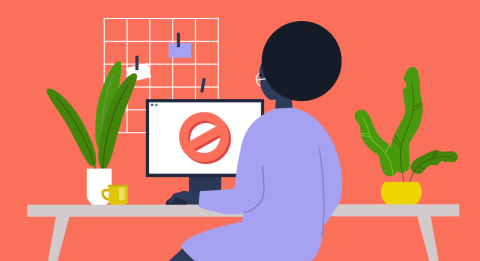Clearing for international students
Clearing for international students: Advice from current students and an admissions expert
Not sure how Clearing works if you’re an international student? We speak to current students to hear their advice on the process, what you need to prepare, and what you can expect on results day.





